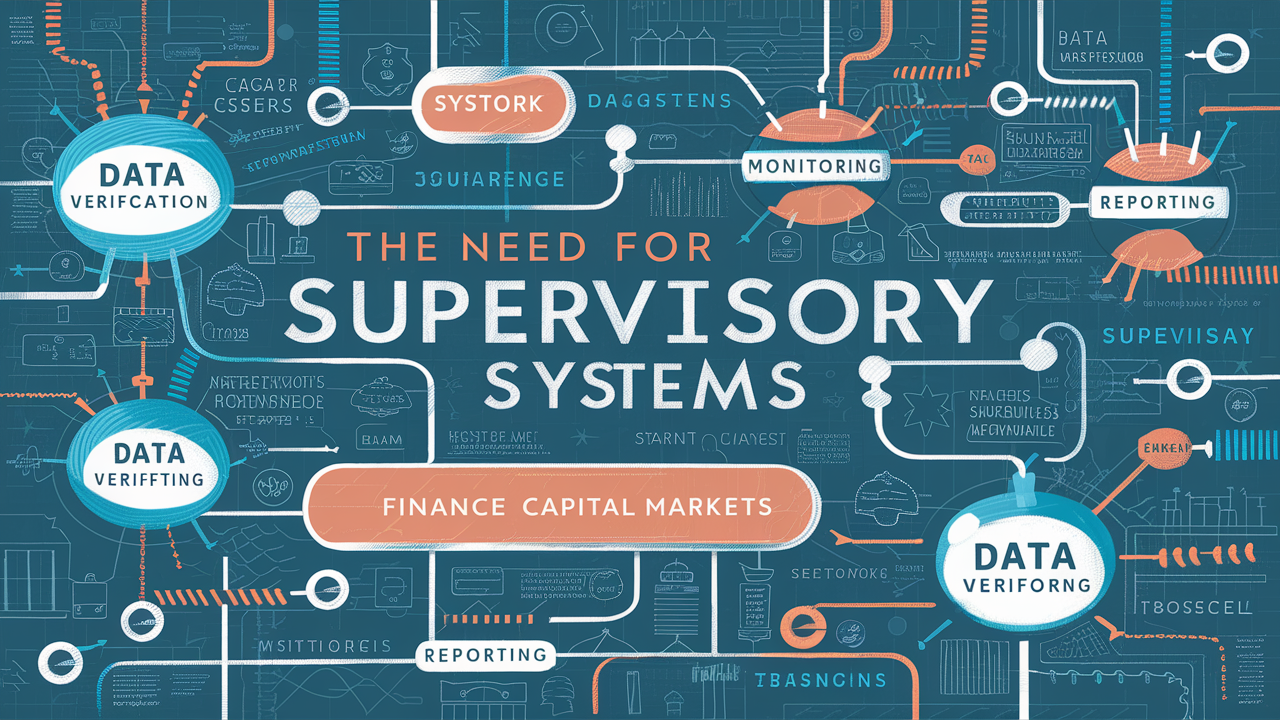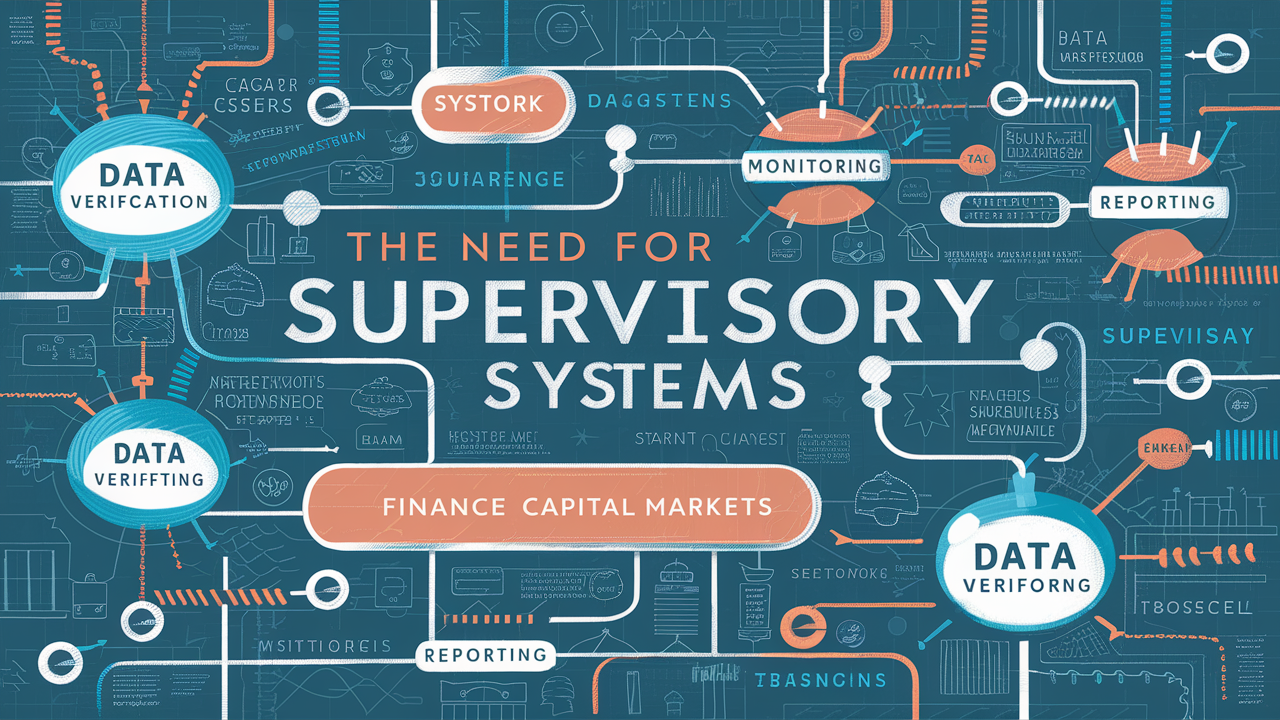UBS Hit with $850K FINRA Fine Over Supervision Failures: A Wake-Up Call for the Finance Industry
UBS Saddled with $850K FINRA Fine for Supervisory Lapses
 In recent headlines, UBS Financial Services Inc. found itself at the sharp end of regulatory scrutiny, culminating in an $850,000 fine from the Financial Industry Regulatory Authority (FINRA). The charge was serious: supervisory failures regarding unauthorized private securities transactions by the firm’s reps. A scenario no financial institution wants to headline.
In recent headlines, UBS Financial Services Inc. found itself at the sharp end of regulatory scrutiny, culminating in an $850,000 fine from the Financial Industry Regulatory Authority (FINRA). The charge was serious: supervisory failures regarding unauthorized private securities transactions by the firm’s reps. A scenario no financial institution wants to headline.
This incident throws the spotlight on companies like Loffa Interactive Group. With their history of aiding financial services through tech, they’re practically the digital sword and shield against regulatory breaches for the industry.
The Gist of What Went Wrong at UBS
FINRA’s accusation was that UBS didn’t keep a close enough eye on its representatives. These reps dipped their toes into private securities transactions without the green light, a clear no-go in the FINRA rulebook. This oversight didn’t just open up UBS to financial liabilities—it struck a blow to their reputation.
This serves as a stark wake-up call for every firm out there. Monitoring and controlling representative activities isn’t just good practice—it’s a regulatory must-have to avoid dire consequences.
The Role of Loffa Interactive in Navigating Regulatory Waters
Enter Loffa Interactive Group. Their toolset, notably Freefunds Verified Direct (FVD) and the Prime Broker Interactive Network (PBIN), is like having a Swiss Army knife in the complex wilderness of financial regulations.
Most Impactful Solutions for the Prime Broker and Beyond
Freefunds Verified Direct (FVD)
FVD stands out for its straightforward approach to managing Letters of Free Funds, ensuring that brokers seamlessly meet the Regulation T requirements. This is a game-changer for efficient trade settlements and compliance with cash account trading norms.
Prime Broker Interactive Network (PBIN)
PBIN addresses the labyrinth of agreements that come with prime brokerage relationships. Managing F1SA, SIA-150, and SIA-151 forms becomes a breeze, automating the grunt work and helping firms stick to regulatory pathways.
Why This Matters to Prime Brokers and Executing/Clearing Brokers
Prime brokers, executing brokers, and clearing brokers navigate a minefield of compliance requirements. In this landscape, Loffa Interactive’s solutions not only act as a navigational aid but also alleviate the pressure of keeping up with the ever-changing regulatory requirements.
FVD ensures that trading in cash accounts doesn’t get tangled in red tape, while PBIN simplifies the complexities of prime brokerage agreements and amendments. This duo of solutions isn’t just about regulatory compliance—it’s about operational efficiency, risk management, and maintaining a stellar reputation.
The UBS saga is a cautionary tale underlining the significance of robust supervision systems. For brokers, it’s a call to arms (or rather, to technology) to harness the power of tools like those offered by Loffa Interactive. Partnering with a tech ally in this era isn’t just a strategic move—it’s a shield against the financial and reputational onslaught of regulatory lapses.


 MSRB rules serve as the backbone of investor protection and market integrity in the municipal securities realm. Rule G-27 mandates firms to develop and sustain a supervisory system that oversees the municipal securities activities of each associated individual comprehensively. Conversely, Rule G-17 ensures fairness and honesty, barring any deceptive or unjust practices.
MSRB rules serve as the backbone of investor protection and market integrity in the municipal securities realm. Rule G-27 mandates firms to develop and sustain a supervisory system that oversees the municipal securities activities of each associated individual comprehensively. Conversely, Rule G-17 ensures fairness and honesty, barring any deceptive or unjust practices.
 In the fast-paced realm of financial services, the balance between innovation and compliance is delicate. The recent fine of $325,000 against Thrivent by the Financial Industry Regulatory Authority (FINRA) for failing to prevent the forgery of e-signatures casts a spotlight on the urgent need for fortified digital verification processes.
In the fast-paced realm of financial services, the balance between innovation and compliance is delicate. The recent fine of $325,000 against Thrivent by the Financial Industry Regulatory Authority (FINRA) for failing to prevent the forgery of e-signatures casts a spotlight on the urgent need for fortified digital verification processes.